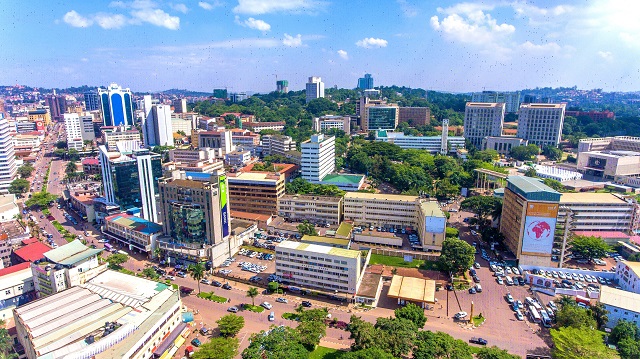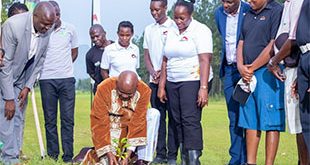
Kampala, Uganda | THE INDEPENDENT | World Bank in its new report has urged Uganda to promote green growth to beat the economic vulnerabilities caused by the devastating impact of the ongoing COVID-19 pandemic.
The bank in its 17th Uganda Economic Update, published on Tuesday, said lockdown measures pushed many businesses to close and caused job losses, leading to low household incomes especially in the urban informal sector.
This, according to the report, forced many people to return to agriculture and other natural resources-dependent activities to manage and survive the crisis.
“This further strains natural resources, which were already under pressure from rapid population growth, urbanization, a refugee influx and the country’s drive for industrialization,” said Tony Thompson, World Bank Country Manager for Uganda.
The report said as the country’s economy continues to show a recovery trend and a shift to agriculture in response to the crisis, the government needs to urgently enhance sustainable use of natural resources.
Land degradation, deforestation and climate risks contribute to the country’s economic vulnerabilities and poverty, according to the report.
The combined cost to the economy of land degradation and unsustainable soil erosion is estimated at 17 percent of gross domestic product (GDP). Environmental degradation can cause a loss of 27 percent of agricultural GDP, says the report.
“As the crisis abates, fiscal consolidation and prioritization of spending towards human capital development and greener investments will be the lynchpin into a greener, resilient and inclusive recovery,” said Rachel Sebudde, World Bank Senior Economist and lead author of the report.
“Farmers and producers need greater access to appropriate financial incentives and instruments to overcome the cost barrier to adoption of sustainable land management and climate-smart agriculture,” said Pushina Ng’andwe, World Bank Senior Agriculture Economist and the report’s co-author.
The Bank recommended that government promotes sustainable land management practices to protect, conserve and ensure better use of land, soil, water, and biodiversity resources while restoring degraded resources and their ecosystem functions.
Encouraging climate-smart agricultural practices will enhance resilience, as well as reduce greenhouse gas emissions, and boost national food security, the report said.
******
Xinhua
 The Independent Uganda: You get the Truth we Pay the Price
The Independent Uganda: You get the Truth we Pay the Price




